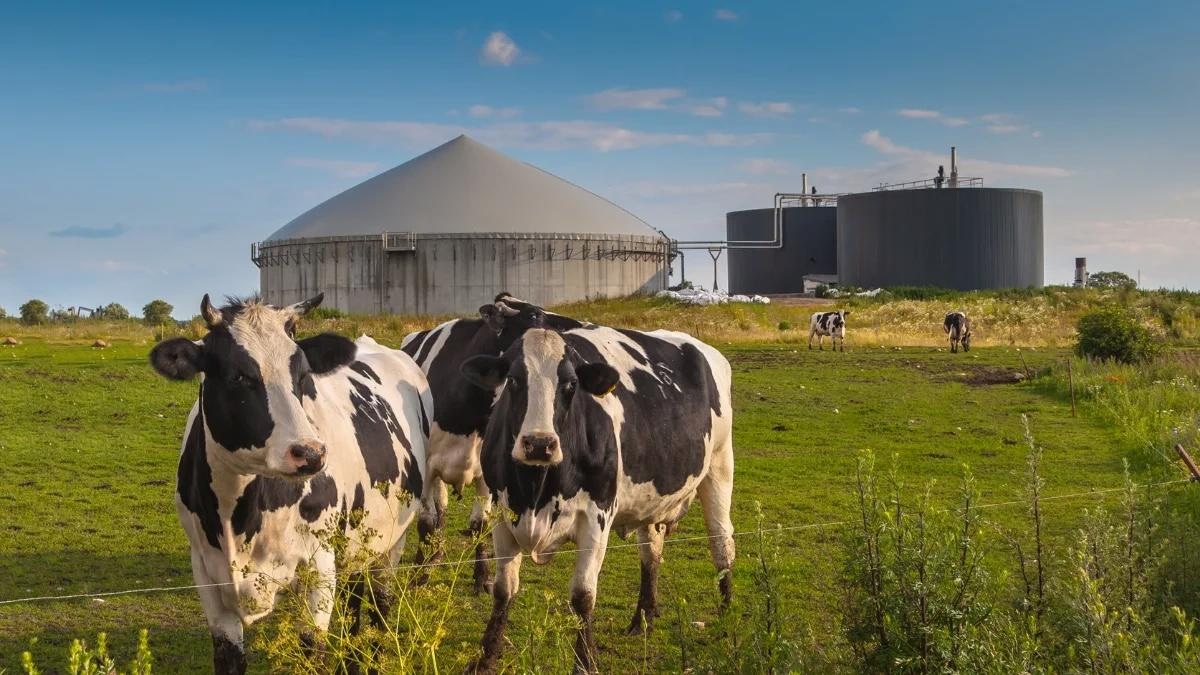Investigators are using artificial intelligence to develop microorganism-led mechanisms that effectively “eat” products like food waste, wastewater, and animal manure to enhance the UK’s emerging green industry. UK Research and Innovation has awarded the project, which is run by the University of Surrey, a £1.4 million grant.

Image Credit: University of Surrey.
The study will look into the effects of employing various forms of waste to feed anaerobic digestors, as well as computational tools for site-wide optimization. The team will develop virtual copies of the digestors (digital twins) using sensors from across the value chain and information from microbe sampling. This will allow AI systems to learn about the effects of different feedstocks and early change indicators.
The challenge of complex bioreactors are their lack of predictability, exacerbated by the dynamic environment within digestors—how does each species of microbe react to different food and to the other microbes around it? But the knowledge we'll get from the data going through the digital twin digestor will start to address this uncertainty.”
Dr. Michael Short, Principal Investigator, School of Chemistry and Chemical Engineering, University of Surrey
Dr. Michael Short is also a Fellow of the Institute for Sustainability.
Anaerobic digestion is a natural process in which microorganisms decompose waste in the absence of oxygen. It is employed in waste management as well as fuel production. Microbes break down materials into soluble substances, which are then converted into gases such as methane. It is used to process waste, minimize landfill emissions, and produce renewable energy via biogas.
The UK’s 650 anaerobic digestors use microorganisms to consume waste, primarily from agriculture and the food supply chain, capturing and purifying the greenhouse gases generated due to the process to provide a carbon-neutral substitute for natural gas. Creating home-grown biogas in this way decreases the reliance on imported fuels and safeguards the UK from the vulnerabilities that come with them.
Surrey’s initiative intends to boost biogas yields by 20% while utilizing the same inputs, simply by gaining more knowledge and improving reaction predictability.
If digestors can start to reliably use a wider range of waste, there are multiple environmental benefits. For example, more waste can be turned into valuable forms of energy and transportation can be reduced.”
Jhuma Sadhukhan, Professor, University of Surrey
Jhuma Sadhukhan is interested in the environmental impact of all aspects of anaerobic digestion.
The initiative is led by the University of Surrey, and it includes chemical process engineers, microbial biology experts, AI researchers, and those who examine the whole environmental impact of processes. Future Biogas, a small anaerobic digestion startup situated in the University of Surrey’s Surrey Research Park, will allow real-time monitoring of its reactors.
“We hope this research will help us optimize the feedstock use in our anaerobic digestors and improve predictability of how the reactors will behave. It can also be a useful tool to improve flexibility and increase the range of feedstock we can use. This could mean lower greenhouse gas emissions and our costs reduced. We think there is an opportunity to boost our profitability.”
Denise Cysneiros, Head, Bioprocess and Optimisation, Future Biogas